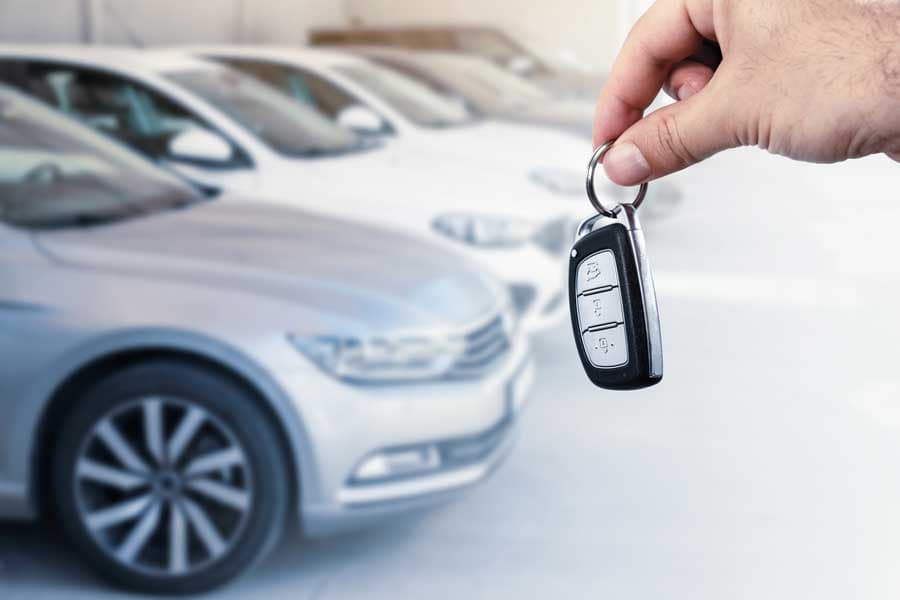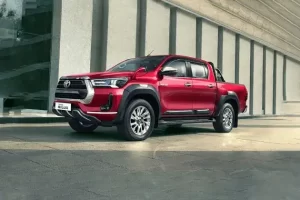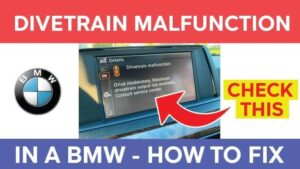1. Reduced Monthly Financial Commitment
One major benefit of choosing to lease a car instead of purchasing it is the likelihood of decreased monthly financial obligations. When you opt for traditional financing to buy a vehicle, your monthly installments reflect the entire cost of the car, plus interest accrued over the loan term. This tends to result in higher monthly payments.
Lease calculations, however, operate on a different premise. You’re not shouldering the entire value of the car. Rather, you’re responsible for the vehicle’s depreciation during the term of the lease. Additional costs like taxes and rental fees are also included in this sum. Since the depreciation usually constitutes a fraction of the car’s total cost, it naturally leads to lower monthly payments.
2. Minimal Upfront Costs
Purchasing a vehicle often requires a substantial upfront financial commitment. The down payment alone can amount to up to 20% of the car’s total price. Leasing, on the other hand, generally entails shelling out far less money.
When choosing to lease a car, you’ll most likely need to cover the first month’s payment, taxes, title, and registration fees. Some leases might also include an acquisition fee or miscellaneous fees, but even so, the sum is typically less burdensome than a down payment on a financed car purchase.
3. Limited Repair and Maintenance Expenses
The nature of a lease term, which is usually short, means that most repairs and maintenance issues are likely to fall under the manufacturer’s warranty
Before signing any lease agreements, it’s imperative to scrutinize the terms of both the lease and any accompanying warranty or maintenance plans. Make sure you have a clear understanding of which repairs and types of maintenance are covered.
4. Resale isn’t a concern
One of the less obvious but equally impactful benefits of leasing a vehicle is that you’re exempt from the challenges associated with its resale. In a closed-end lease scenario, the responsibility for the car’s value at the end of the lease period lies squarely with the leasing company. You simply return the vehicle and proceed to your next option.
However, it’s important to note that you may incur additional costs when the lease term concludes. Charges can arise for wear and tear exceeding the terms of the lease or for mileage that surpasses the limits specified in your contract. There are some great deals on VWs and others – so, why not get out there and lease a Volkswagen today.
5. Frequent Vehicle Upgrades Without the Hassle
The typical lease contract ranges from 2 to 4 years, a relatively short commitment compared to a loan term for buying a car. This shorter time frame allows you to enjoy the latest advancements in vehicle technology and safety features more frequently.
Once your lease is up, the process to acquire your next car is streamlined. You return your current vehicle to the dealership and simply select your next ride and sign a new lease agreement.
6. Expanded Range of Vehicle Choices
For many, the dream car often remains elusive, especially when financial constraints come into play. Leasing, however, often makes higher-end models more accessible. Because you’re only covering the depreciation costs in your monthly payments, the financial bar to access more expensive vehicles is lower.
7. Option to Purchase Post-Lease
Lease contracts often include a purchase option at a predetermined price, allowing you to buy the car at the end of the lease term. If you find that the car has met or exceeded your expectations, or if its purchase price is lower than current market value, executing this option could be beneficial.
Conversely, if the price is higher than the current market value of the vehicle, you have the freedom to walk away and explore other options.




